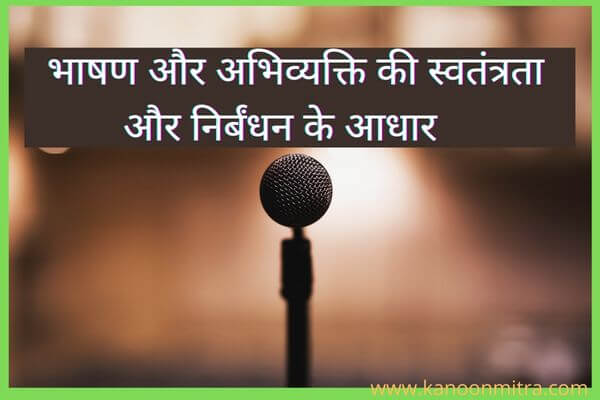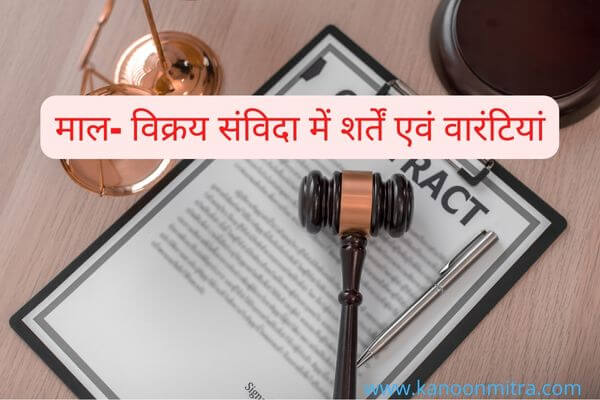धारा 14 सूचना का अधिकार अधिनियम — सूचना आयुक्त या मुख्य सूचना आयुक्त का हटाया जाना —
(1) उपधारा (3) के उपबन्धों के अधीन रहते हुए, मुख्य सूचना आयुक्त या किसी सूचना आयुक्त को राष्ट्रपति के आदेश द्वारा साबित कदाचार या असमर्थता के आधार पर उसके पद से तभी हटाया जाएगा जब उच्चतम न्यायालय ने राष्ट्रपति द्वारा उसे किए गए किसी निर्देश पर जांच के पश्चात् यह रिपोर्ट दी हो कि यथास्थिति, मुख्य सूचना आयुक्त या सूचना आयुक्त को उस आधार पर हटा दिया जाना चाहिए।
(2) राष्ट्रपति, उस मुख्य सूचना आयुक्त या सूचना आयुक्त को, जिसके विरुद्ध उपधारा (4) के अधीन उच्चतम न्यायालय को निर्देश किया गया है ऐसे निर्देश पर उच्चतम न्यायालय की रिपोर्ट प्राप्त होने पर राष्ट्रपति द्वारा आदेश पारित किये जाने तक पद से निलम्बित कर सकेगा और यदि आवश्यक समझे तो जांच के दौरान कार्यालय में उपस्थित होने से भी प्रतिषिद्ध कर सकेगा ।
(3) उपधारा (1) में अन्तर्विष्ट किसी बात के होते हुए भी राष्ट्रपति, मुख्य सूचना आयुक्त या किसी सूचना आयुक्त को आदेश द्वारा पद से हटा सकेगा, यदि यथास्थिति, मुख्य सूचना आयुक्त या सूचना आयुक्त:-
(क) दिवालिया न्यायनिर्णीत किया गया है; या
(ख) वह ऐसे अपराध के लिए दोषसिद्ध ठहराया गया है, जिसमें राष्ट्रपति की राय में नैतिक अधमता अन्तर्बलित है; या
(ग) अपनी पदावधि के दौरान, अपने पद के कर्त्तव्यों से परे किसी वैतनिक नियोजन में लगा हुआ है; या
(घ) राष्ट्रपति की राय में (मानसिक या शारीरिक अक्षमता के कारण पद पर बने रहने के अयोग्य है; या
(ड)उसने ऐसे वित्तीय और अन्य हित अर्जित किए हैं, जिनसे मुख्य सूचना आयुक्त या किसी सूचना आयुक्त के रूप में उसके कृत्यों पर प्रतिकूल प्रभाव पड़ने की सम्भावना है।
(4) यदि मुख्य सूचना आयुक्त या कोई सूचना आयुक्त, किसी प्रकार भारत सरकार द्वारा या उसकी ओर से की गई किसी संविदा या करार से सम्बद्ध या उसमें हितबद्ध है या किसी निगमित कम्पनी के किसी सदस्य के रूप में से अन्यथा और उसके अन्य सदस्यों के साथ सामान्यतः उसके लाभ में या उससे प्रोदभूत होने वाले किसी फायदे या परिलब्धियों में हिस्सा लेता है तो वह उपधारा (1) के प्रयोजनों के लिए, कदाचार का दोषी समझा जाएगा ।
Section 14 Right to Information Act — Removal of Chief Information Commissioner or Information Commissioner–
(1) Subject to the provisions of sub-section (3), the Chief Information Commissioner or any Information Commissioner shall be removed from his office only by order of the President on the ground of proved misbehaviour or incapacity after the Supreme Court, on a reference made to it by the President, has, on inquiry, reported that the Chief Information Commissioner or any Information Commissioner, as the case may be, ought on such ground be removed.
(2) The President may suspend from office, and if deem necessary prohibit also from attending the office during inquiry, the Chief Information Commissioner or Information Commissioner in respect of whom a reference has been made to the Supreme Court under sub-section (1) until the President has passed orders on receipt of the report of the Supreme Court on such reference.
(3) Notwithstanding anything contained in sub-section (1), the President may by order remove from office the Chief Information Commissioner or any Information Commissioner if the Chief Information Commissioner or a Information Commissioner, as the case may be,–
(a) is adjudged an insolvent; or
(b) has been convicted of an offence which, in the opinion of the President, involves moral turpitude; or
(c) engages during his term of office in any paid employment outside the duties of his office; or
(d) is, in the opinion of the President, unfit to continue in office by reason of infirmity of mind or body; or
(e) has acquired such financial or other interest as is likely to affect prejudicially his functions as the Chief Information Commissioner or a Information Commissioner.
(4) If the Chief Information Commissioner or a Information Commissioner in any way, concerned or interested in any contract or agreement made by or on behalf of the Government of India or participates in any way in the profit thereof or in any benefit or emolument arising therefrom otherwise than as a member and in common with the other members of an incorporated company, he shall, for the purposes of sub-section (1), be deemed to be guilty of misbehaviour.
धारा 14 सूचना का अधिकार अधिनियम धारा 14 सूचना का अधिकार अधिनियम धारा 14 सूचना का अधिकार अधिनियम



